( Quang Ngai Newspaper) - The rainy and stormy season is the time when animal diseases easily arise and spread. Therefore, functional agencies and local authorities focus on propaganda and guidance for people to implement measures to protect and care for livestock.
Having been involved in livestock and poultry farming for many years, Mr. Tran Quoc Vuong, in Truong Le village, Hanh Tin Dong commune (Nghia Hanh), has extensive experience in caring for and protecting livestock during the rainy season. Mr. Vuong said that during the rainy season, livestock and poultry are susceptible to various diseases. Therefore, in addition to protecting the livestock and poultry herd of 1,000 chickens, 100 pigs and cows by cleaning the farming area and fully vaccinating them, I also proactively reinforce the barn, cover the surrounding area with tarpaulin, stockpile food and limit people from entering and exiting to avoid disease. If I detect signs of infection, I immediately quarantine the livestock and notify the local authorities and veterinary staff for support in handling the situation to prevent the spread.
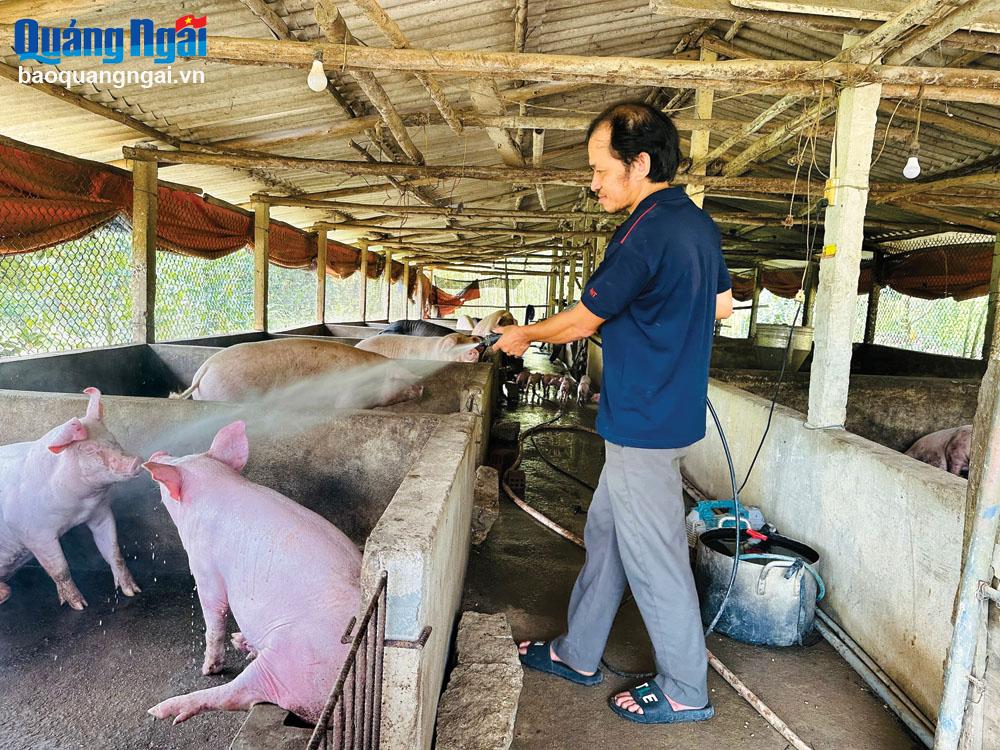 |
| Mr. Tran Quoc Vuong, in Hanh Tin Dong commune (Nghia Hanh), reinforced and covered the barn to ensure good care for the pigs during the rainy season. |
According to statistics from the Department of Agriculture and Rural Development, as of September 20, 2024, the province had a total poultry herd of approximately 6 million, of which over 4.8 million were chickens; the total livestock herd was over 716 thousand, of which crossbred cattle accounted for 79.8%. Vaccination for GS and GC herds has been focused on by localities in the province, so dangerous diseases in livestock such as avian influenza, foot and mouth disease; erysipelas in buffaloes and cows; swine fever... have been controlled, with no major outbreaks occurring. Head of the Department of Agriculture and Rural Development of Mo Duc district, Nguyen Ngoc Tuong, said that to protect livestock during the rainy and stormy season, the Department of Agriculture and Rural Development of the district has proactively coordinated with localities to review and organize the second vaccination of GS and GC in 2024, especially GS and GC herds in locations and areas where epidemics have occurred, high-risk areas or low-lying areas prone to flooding.
The provincial Department of Animal Husbandry and Veterinary Medicine has also stepped up propaganda, guidance, and support for farmers to implement disease prevention and control measures for GS and GC during the rainy and stormy season. The focus is on proactively checking and reinforcing barns; stocking up on food, supplies, and veterinary medicines for livestock when necessary... Head of the provincial Department of Animal Husbandry and Veterinary Medicine Do Van Chung said that in the coming time, the department will coordinate with localities to strengthen monitoring to detect early and promptly handle cases of GS and GC infected with or suspected of being infected with dangerous diseases. At the same time, the second vaccination phase in 2024 will be implemented for livestock herds, ensuring that the vaccination rate reaches over 80% of the total herd at the time of vaccination.
“To protect and develop GS and GC herds and limit diseases, breeders should not restock without ensuring environmental and disease safety. When restocking, it is necessary to choose breeds with clear origins, with quarantine certificates and full vaccination according to regulations. The breeding process must implement measures to prevent and combat natural disasters and diseases during and after storms according to the recommendations of professional sectors and local authorities,” Mr. Do Van Chung advised.
Article and photos: THANH PHONG
RELATED NEWS:
Source: https://baoquangngai.vn/kinh-te/nong-nghiep/202410/bao-ve-dan-vat-nuoi-24c4f63/


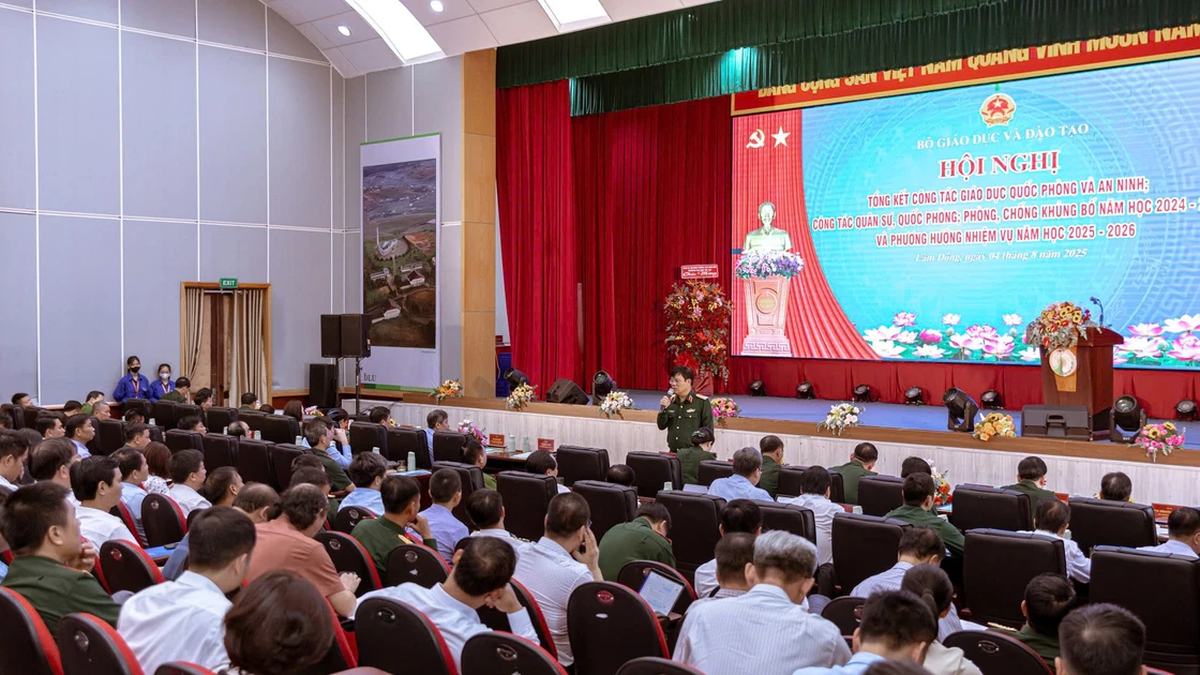


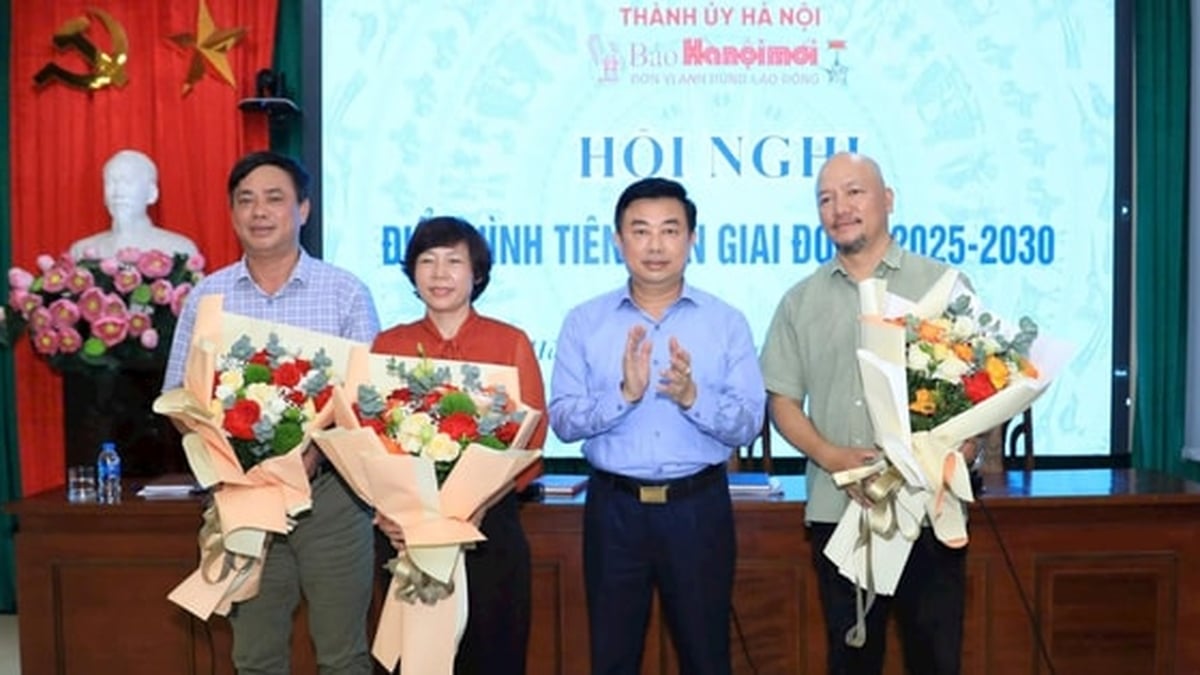
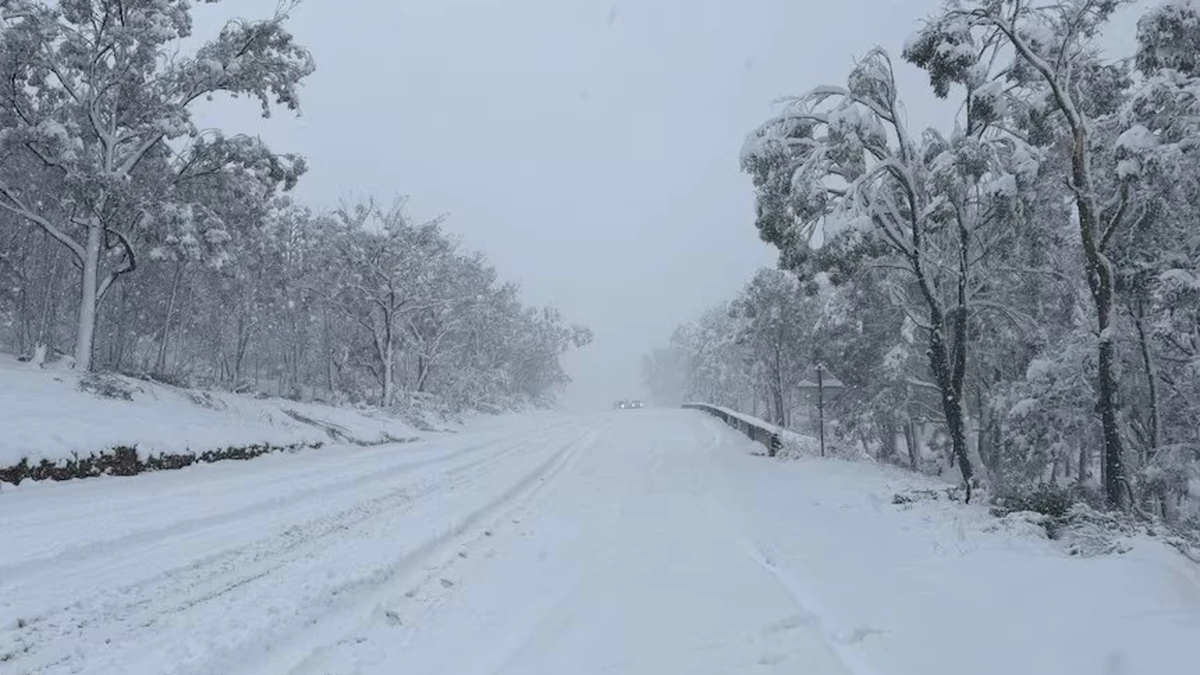
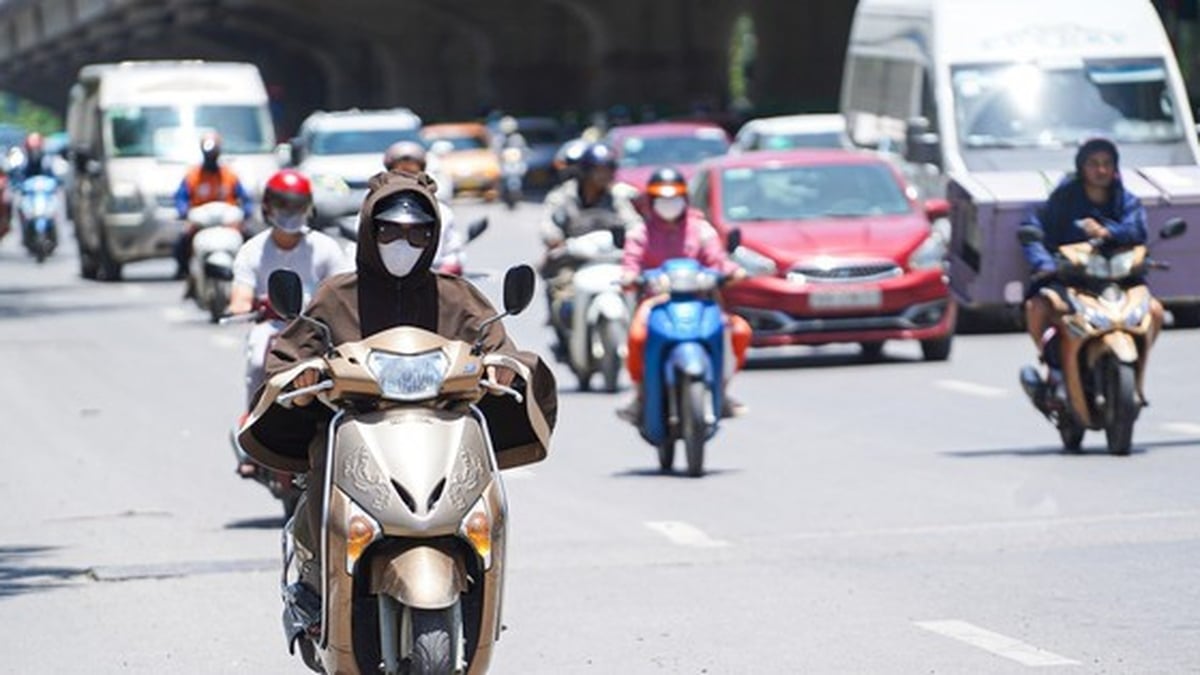

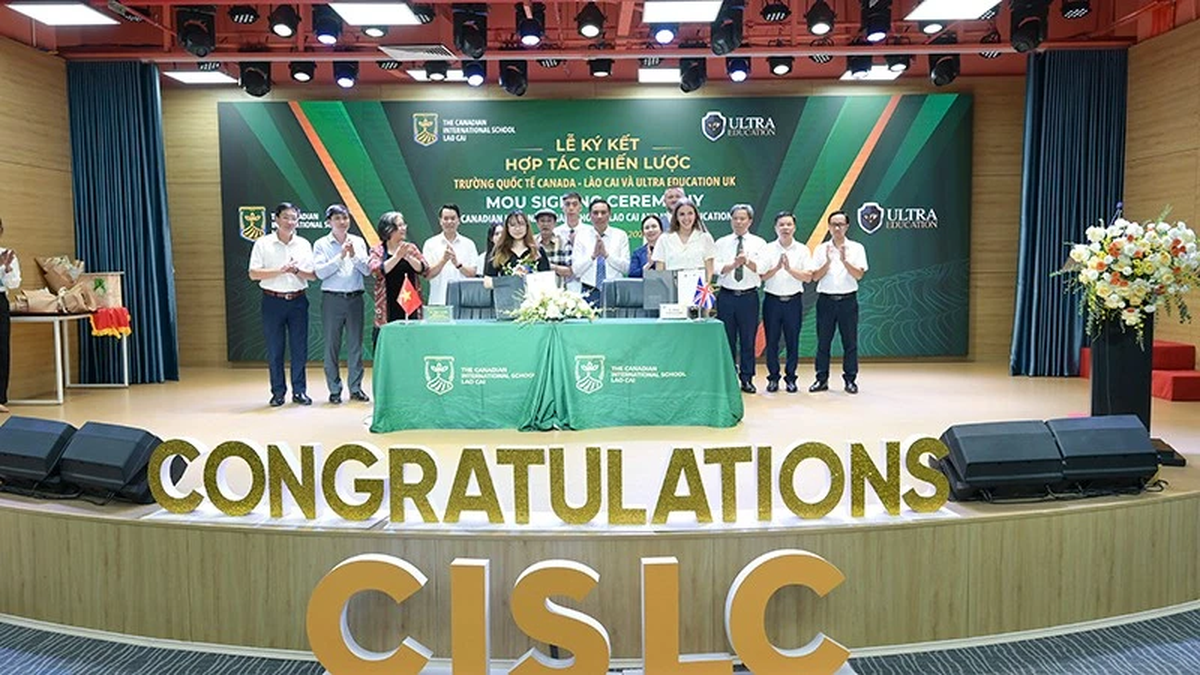

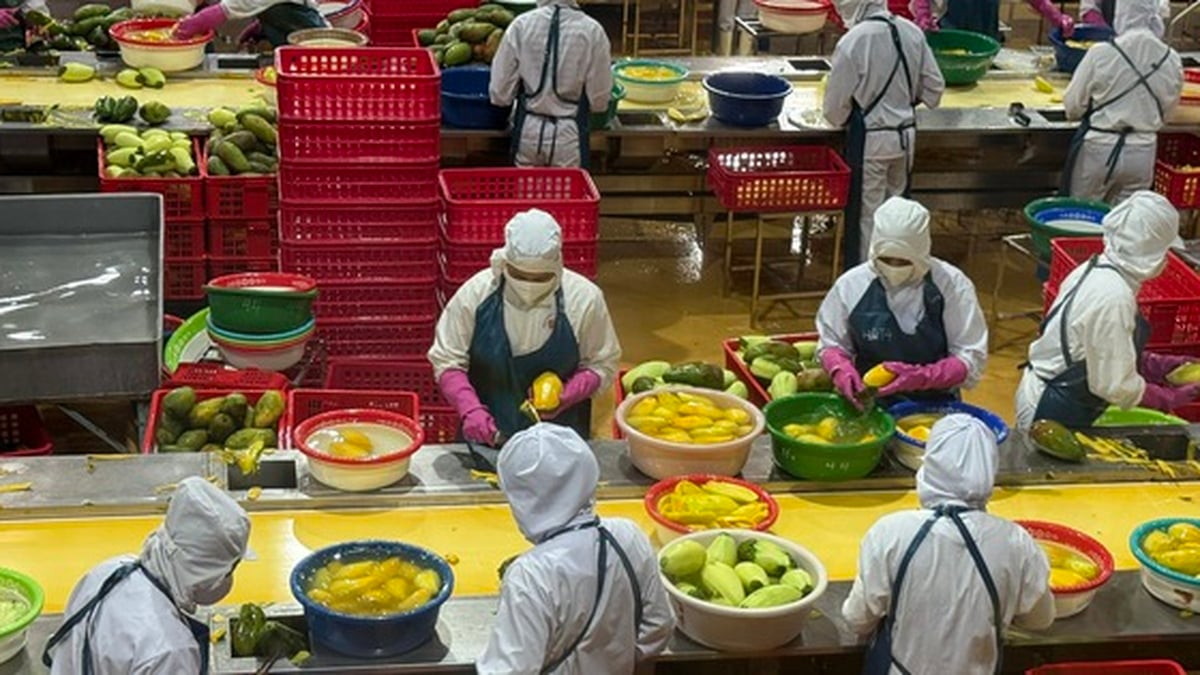











































![[Maritime News] Two Evergreen ships in a row: More than 50 containers fell into the sea](https://vphoto.vietnam.vn/thumb/402x226/vietnam/resource/IMAGE/2025/8/4/7c4aab5ced9d4b0e893092ffc2be8327)






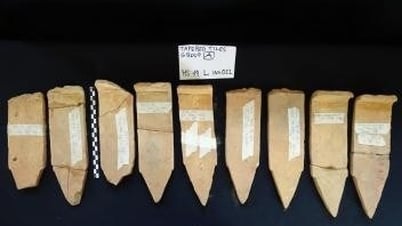


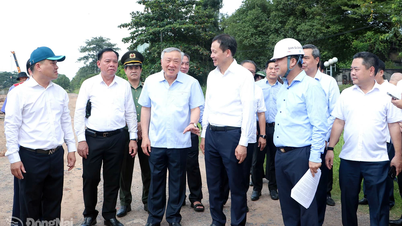










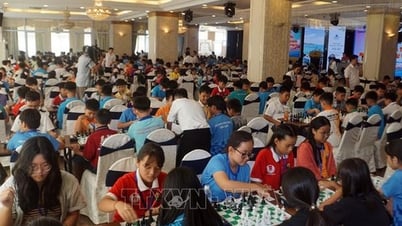




















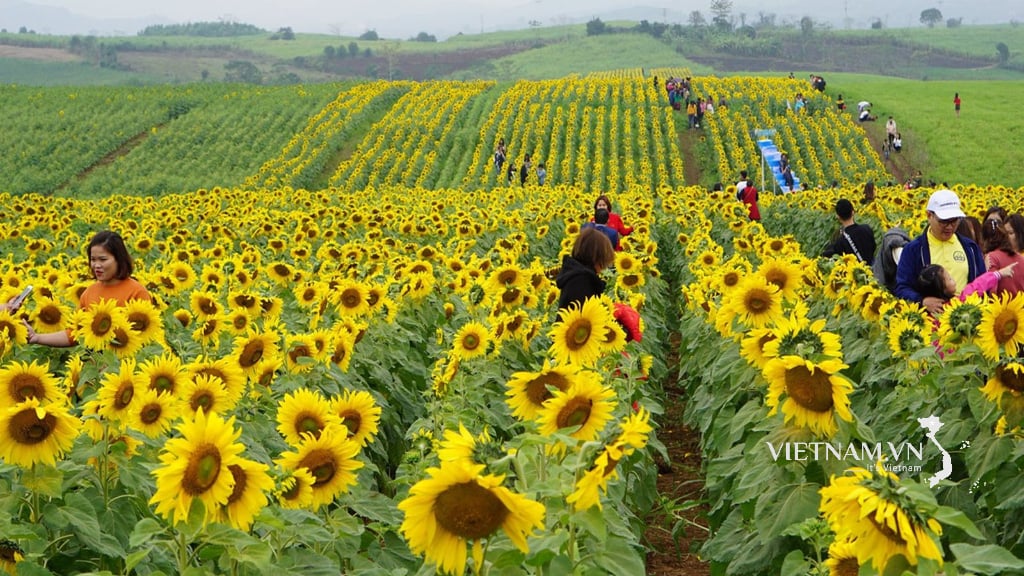

Comment (0)